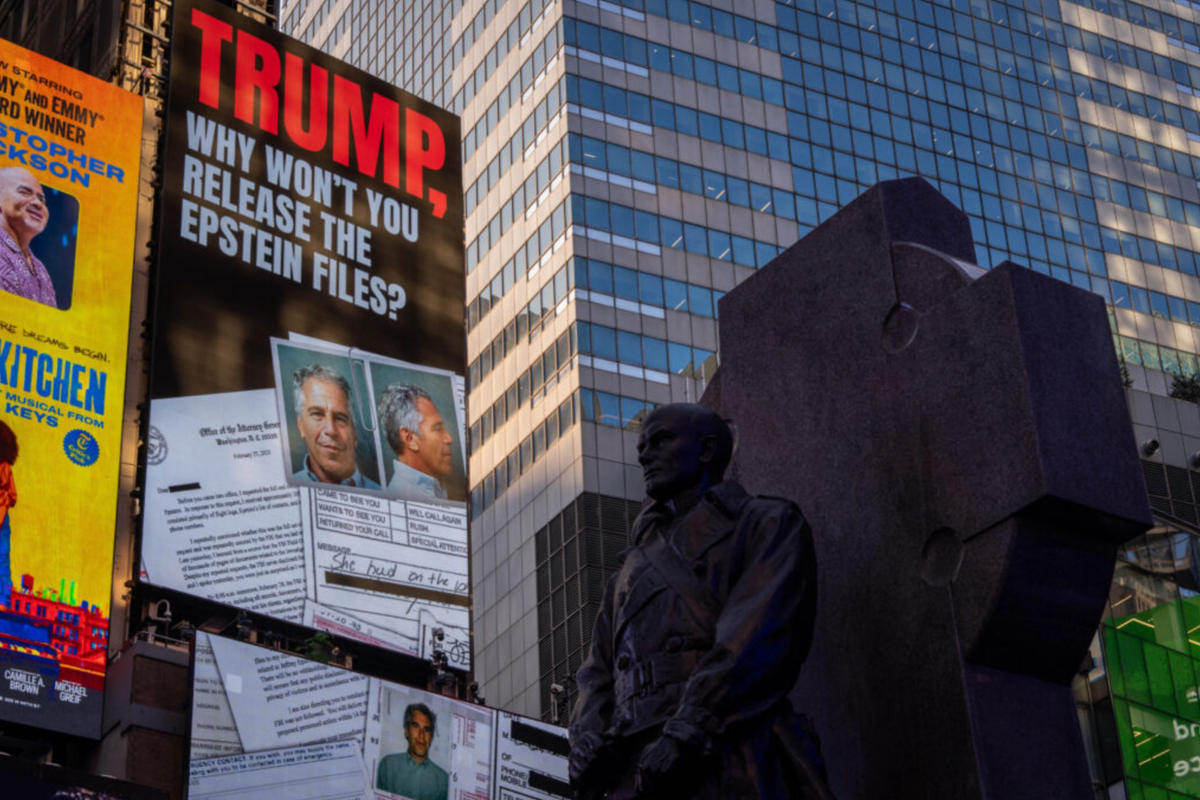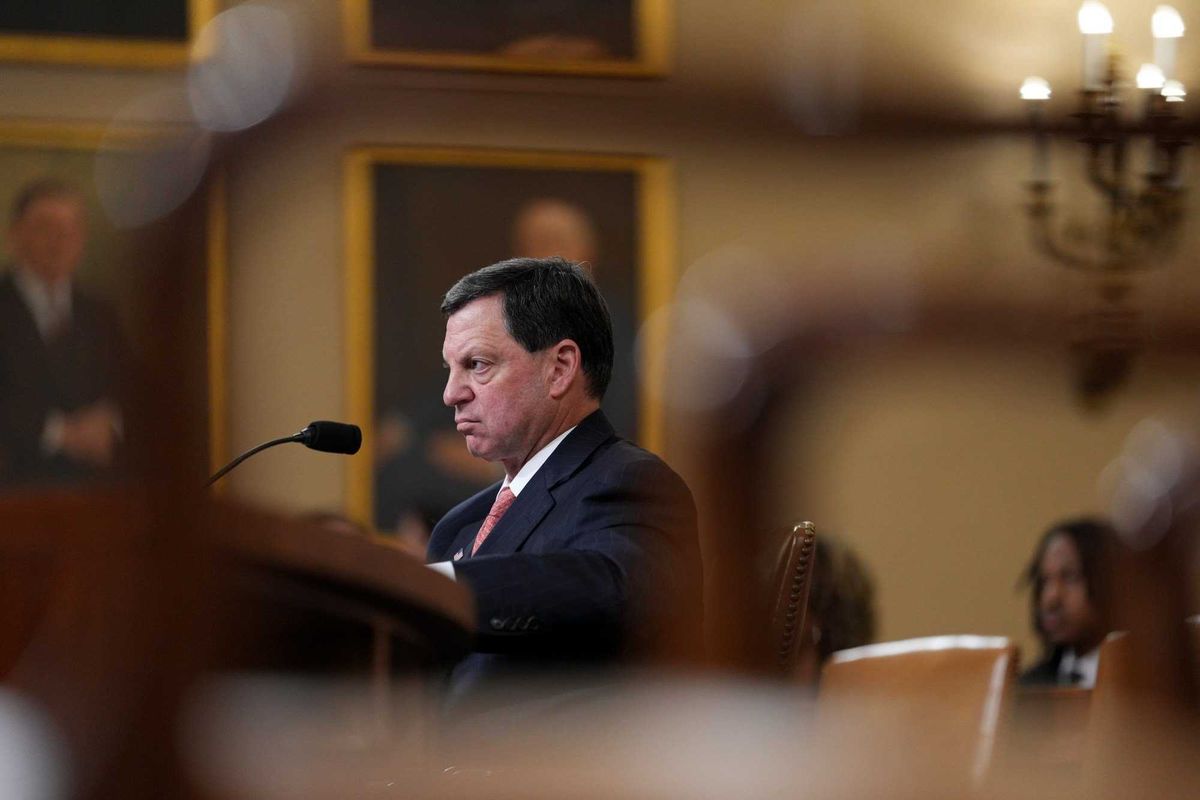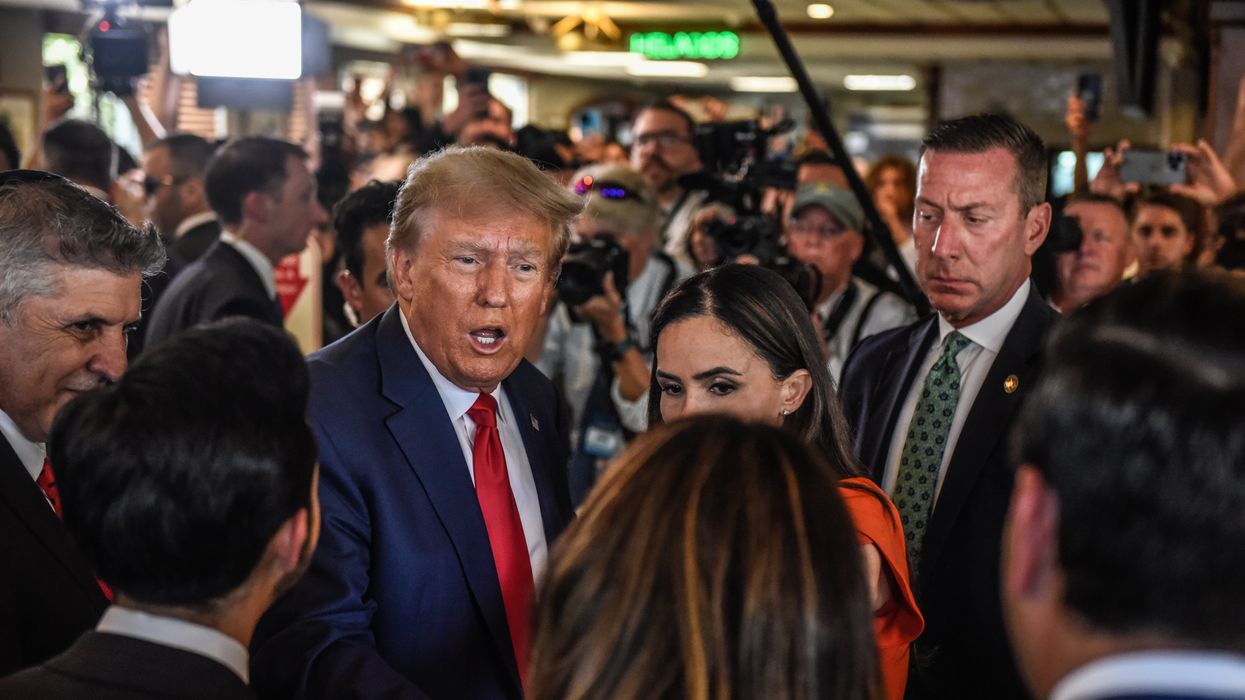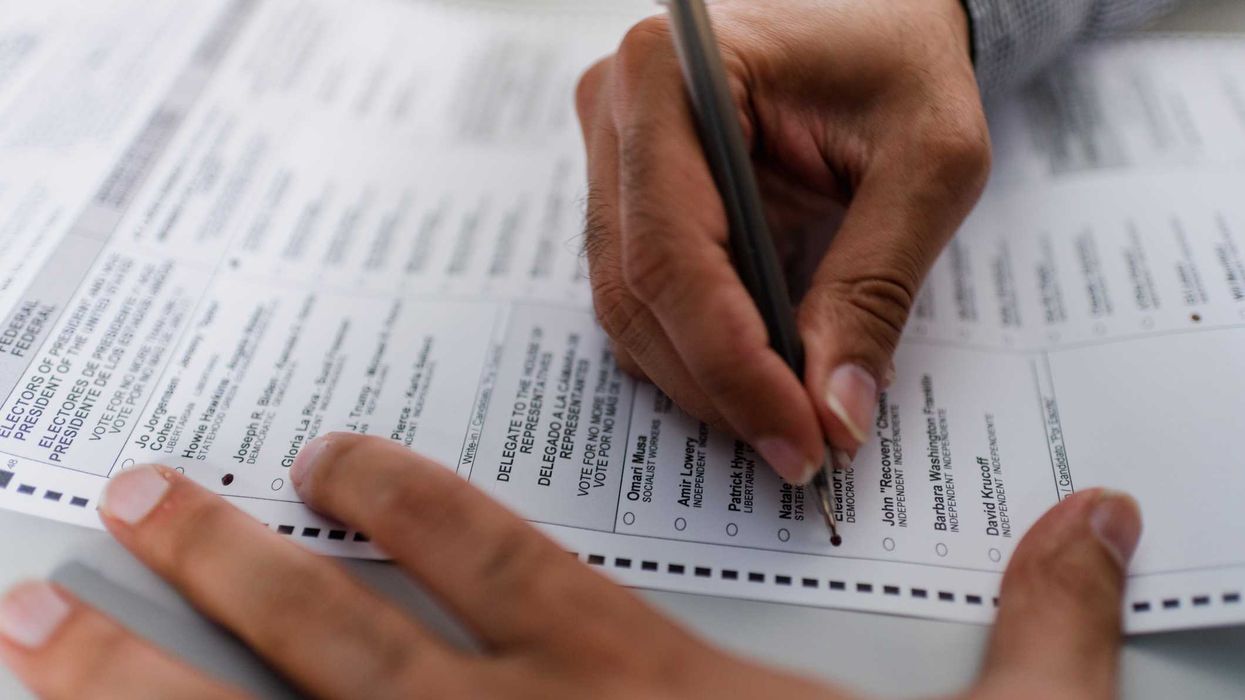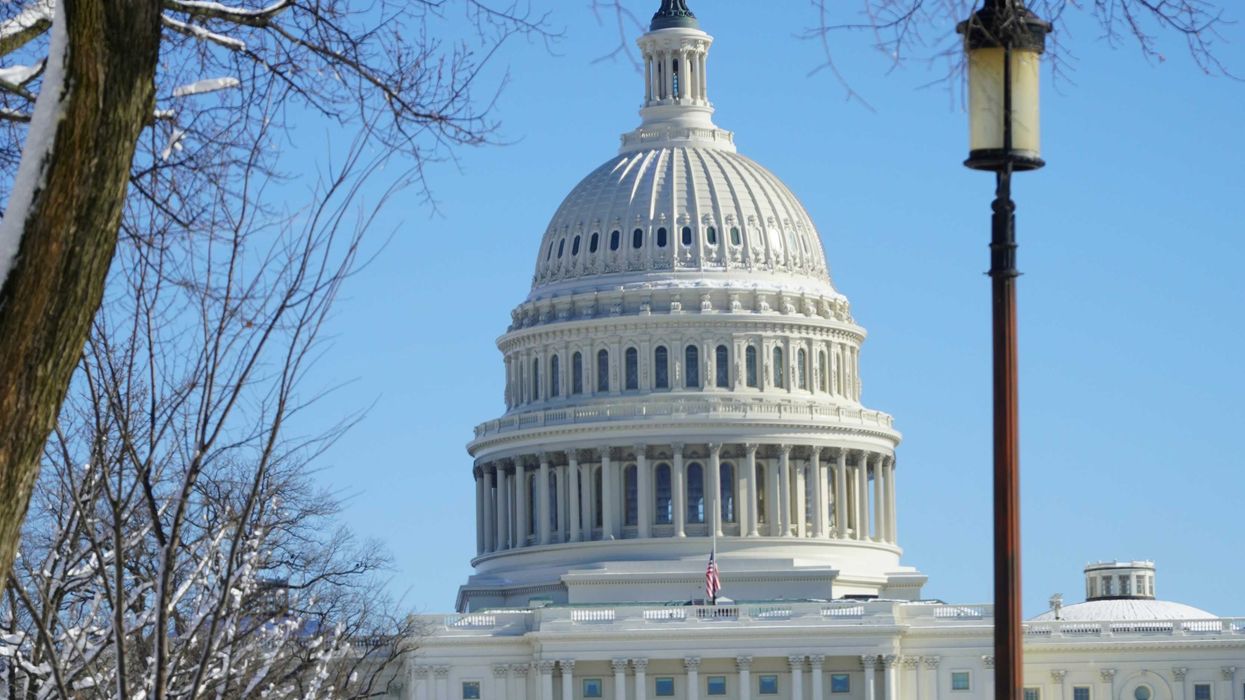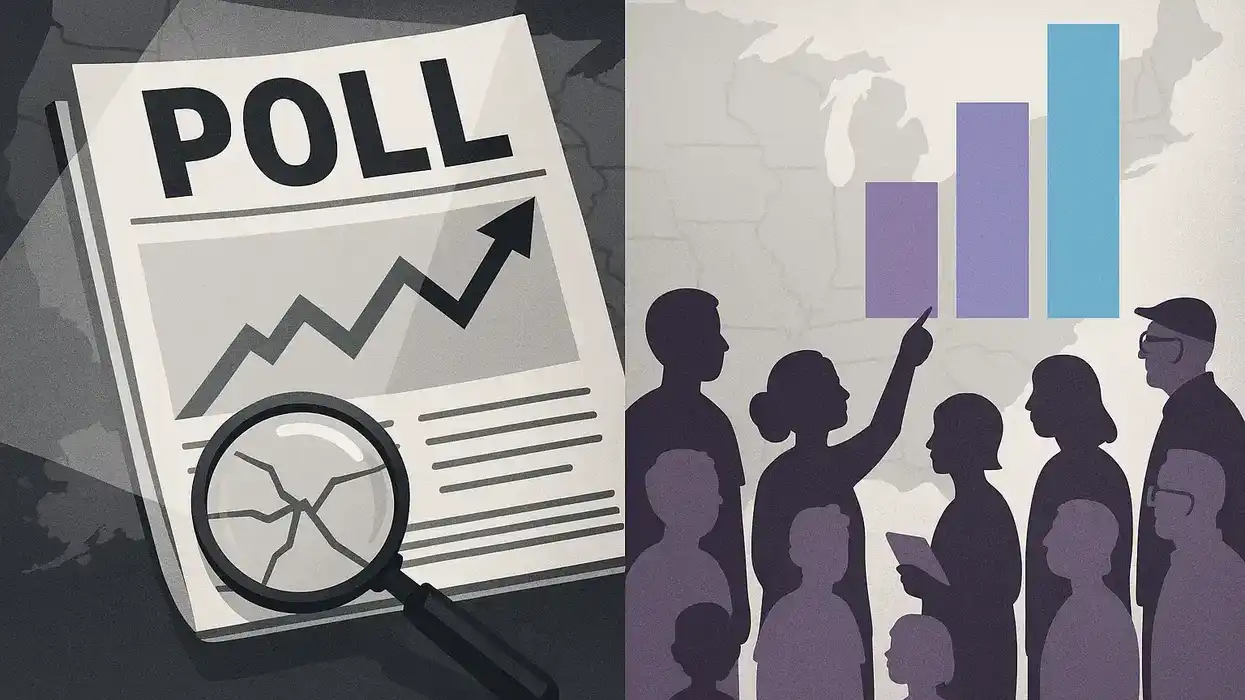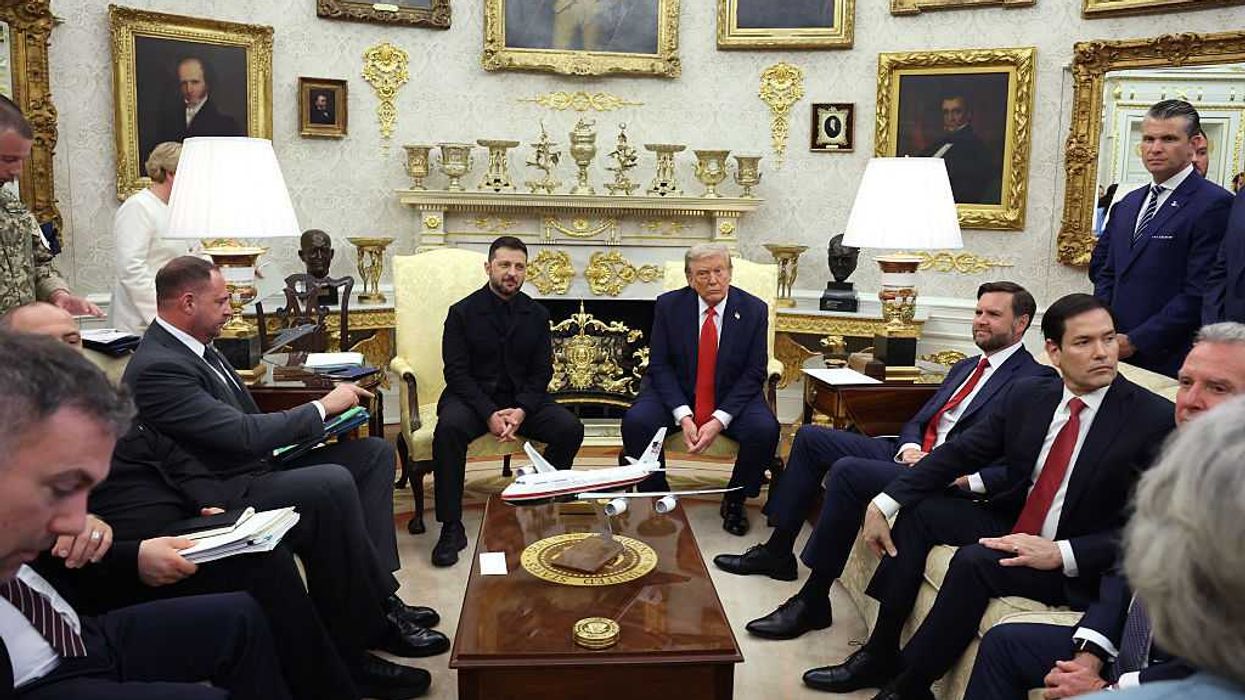LaRue writes at Structure Matters. He is former deputy director of the Eisenhower Institute and of the American Society of International Law.
The Supreme Court will soon resolve the question of Donald Trump's constitutional eligibility to be president. By agreeing to hear his appeal of the Colorado decision declaring him ineligible, the court signaled its awareness of the need to provide national clarity about the use of the Constitution’s disqualification clause.
To be clear, this is not about ballot access in just one state; dozens are acting independently and differently. Maine agreed with Colorado; California, Michigan and Minnesota decided otherwise; and decisions are pending in 19 other states. Imagine the chaos in a national election if state-based ballot qualification outcomes were left unreconciled.
As we absorb the coverage and ultimately respond to the court’s decision in what is an unprecedented and fraught case, here are 10 reminders to help us separate myth from fact:
1. Section 3 says nothing about the Civil War.
It is correct that Section 3 of the 14th Amendment has post-Civil War roots, but it does not mention the war. The historical connection may be stressed to question the provision’s use in the present, or to differentiate between war and what transpired on and leading up to Jan. 6, 2021. Alternatively, its general language may be cited to support the provision’s use against any insurrection.
2. Don't forget "aid or comfort."
The reporting shorthand about “engaging” in insurrection may be understandable, but it glosses over half of the proscribed behavior. Abetting an insurrection is just as unconstitutional. Its lower threshold for accountability may not matter, but the court may consider Trump’s three hours of silence while now-convicted seditionist conspirators led an assault the Capitol.
3. Don't blame the states.
States have the responsibility of administering elections in the United States (albeit with some qualifications). They have developed demonstrably different ways of doing so, including how to qualify candidates seeking to appear on the ballot. Federalism may positively enable states to be “laboratories of democracy,” but it also can produce a national mess. When the latter occurs, as is becoming obvious in this case, Supreme Court clarification becomes welcome.
4. It doesn't have to be criminal to be unconstitutional.
Constitutionally proscribed behavior need not be criminal behavior. The latter violates laws or statutes, whereas the former violates the Constitution. It may seem odd that the principles and assertions of the Constitution do not have to be as rigorously demonstrated or proven as a criminal charge (e.g., constitutional due process need not rely on “beyond a reasonable doubt” as a decision-making standard), but this greater constitutional flexibility is what exists.
5. Congress may or may not have a role.
What about Congress? Section 3 only says that Congress can “remove such disability,” i.e., it can lift restrictions placed on insurrectionists. Some observers point to Section 5 of the 14th Amendment, which gives Congress the authority “to enforce” the amendment. But it is less clear whether this catch-all language, used in most amendments, is contradictory or complementary to the specific authority cited in Section 3. Others say the issue is “nonjusticiable” and should be left to the political branches, as the Supreme Court decided in the 2019 gerrymandering case.
Unsurprisingly, Trump’s appeal last week contends that congressional action is needed to qualify or disqualify a president. This is not a universally held view, however, and credible observers contend that Section 3 is “ self-executing,” i.e., it doesn’t need enabling legislation. Even if Section 3 is self-executing, the question remains: How is engaging in or abetting an insurrection determined?
6. The issues are not partisan. The issues are partisan.
Supreme Court cases are arguably about the law and the Constitution, without regard for partisan impact. However, justices cannot help it when partisan issues come before them. Nor is it reasonable to think their partisan inclinations do not inform their responses to larger public issues.
7. Politics belongs in such a case.
The prior point is exactly why expectations to leave politics outside the courtroom are rarely met. Constitutional interpretation is informed by the world around us, not merely the words on paper. In particular, the Supreme Court is the “court of last resort” for a reason: to decide contentious public issues unresolved to that point.
8. Conservative and liberal labels mean less.
Conservative law professors and jurists argue that the Supreme Court should disqualify Trump. Traditionally liberal academics and analysts make the opposite case. Other thought leaders have recently changed their minds in either direction. We are in uncharted political territory, which translates into higher uncertainty in the courtroom.
9. Precedent has value, and comes with risks.
Section 3 is a rediscovered device in the constitutional toolbox. Choosing to use it – or not – will create precedents outside the courtroom. If Trump is disqualified, will partisan tit-for-tat occur in other states in this election or in the future? If he is not, will impunity become more common?
The former risk, already teed up in Texas and Florida over border crossings, seems overstated. Should Trump be disqualified, definitional clarity about the behavior that led to his disqualification can be expected in the decision. That doesn’t mean partisans won’t try to score political points by making bald accusations in public, but losses in court would await them. Alternatively, if Trump is not disqualified, the risk exists that truth and scruples will matter less in our politics, further destabilizing our institutions.
10. Be wary of all predictions.
Other than the justices themselves, no one has any inkling what the Supreme Court will do. The range of possibilities is wide, and the cases for most outcomes can be reasonably made. (Two exceptions would include leaving the Colorado decision intact simply as a state prerogative, which would produce chaos, or saying that Section 3 applies only to holding office, not running for office, which would dangerously kick the can down the road – potentially until after the person was elected.)
Despite the understandable talk of aiming for a large-majority or unanimous ruling, the odds of such an outcome may seem low. And even though surprises cannot be ruled out, some observers view this case only politically and cannot imagine, given the current composition of the court, that Trump’s name would be removed from the ballot under any circumstance.
Former Judge J. Michael Luttig, arguably the most credible advocate for the Supreme Court disqualifying Trump, clarifies that the issue is one of qualification, “ not penalties.” He acknowledges that the court will search for “legitimate offramps” that leave Trump on the ballot, but contends that none exist. Those who disagree seem to prefer the offramp of leaving the decision to Congress. Election law expert Richard Hasen is among those who warn, however, that if Congress is allowed to exercise such authority after Election Day, all hell could break loose.
If ever there were a case where future rights of the many conflict with past behavior of a few, this is it. If the public wants an opportunity to elect or reject any candidate, including a bully who attempted to overturn a prior loss, should they be denied that right? Or, if his behavior was genuinely unconstitutional, should its constitutionally mandated response be ignored? The Supreme Court will hear the divergent arguments on Feb. 8.
We may bristle that the court will answer these questions for us – and upset a good chunk of the American people however it decides. But this is the legitimate democratic path we are now on. It could still be left to the voters in November to render a final verdict; whether the Supreme Court says we don’t have to, may we tolerate the direction it takes us.
